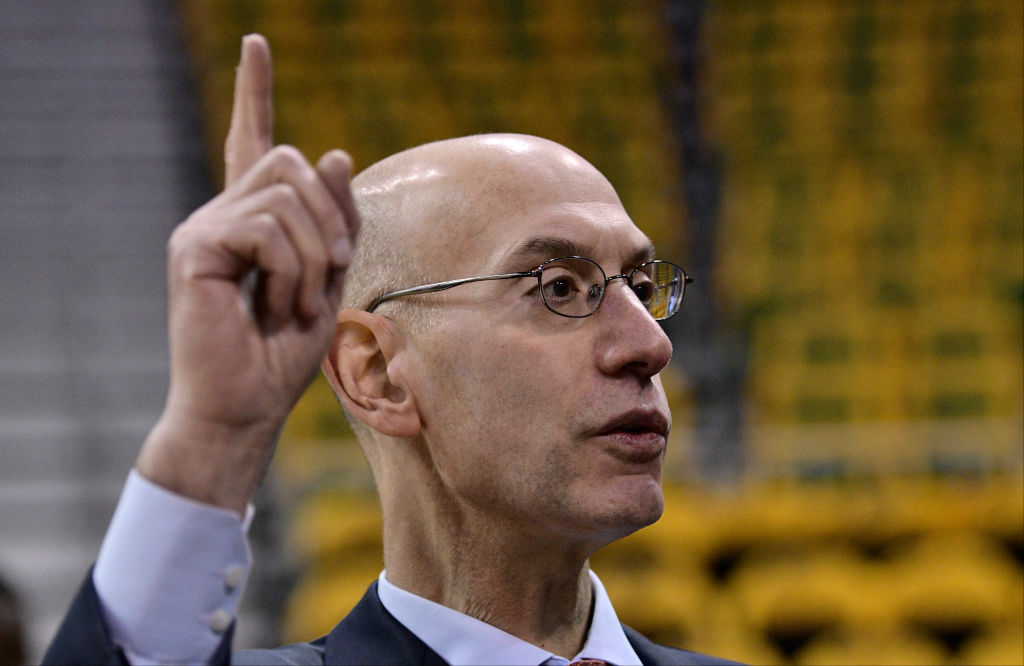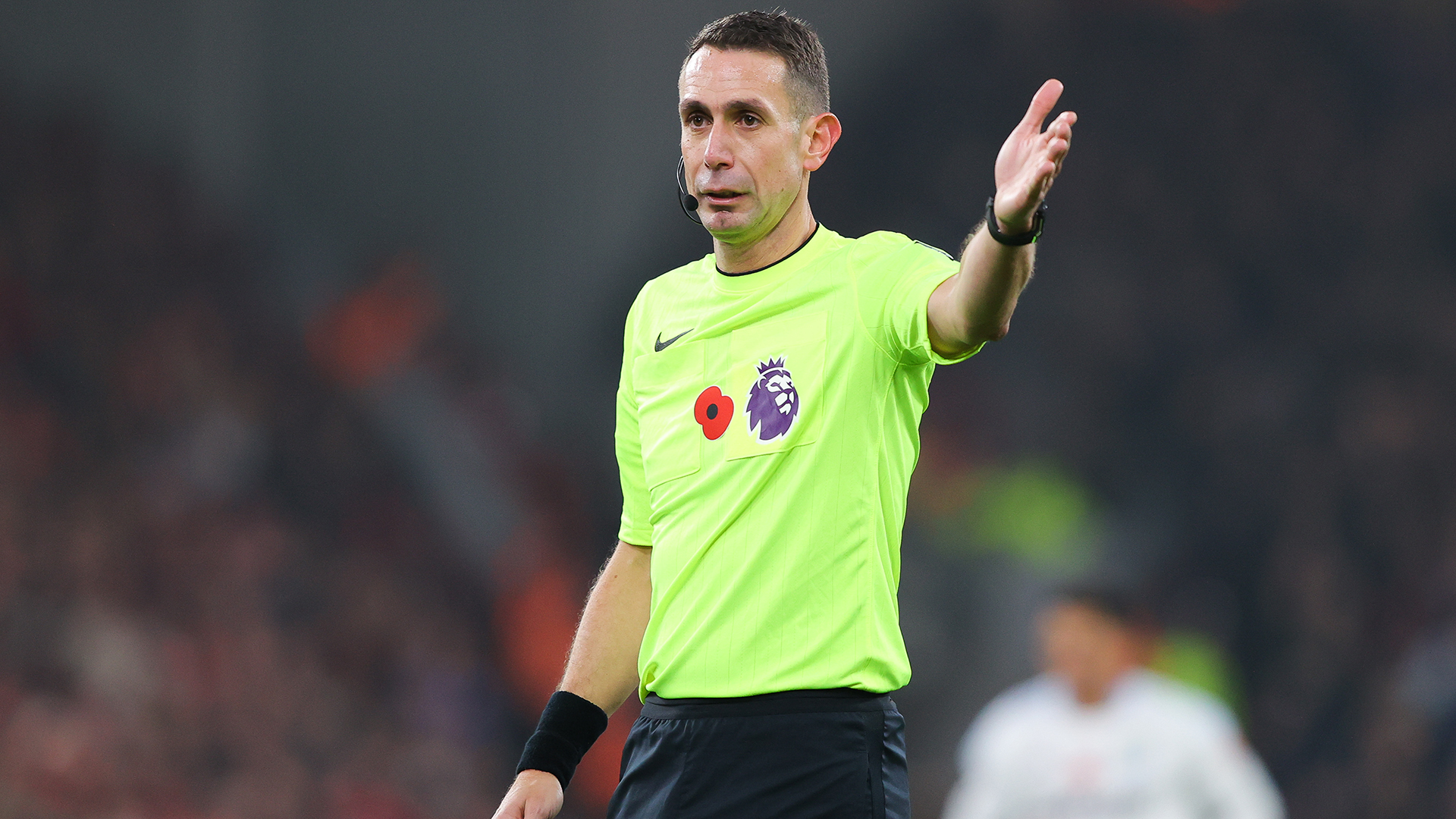Adam Silver, or as he is coming to be known Inspector Gadget, has never met a solution to a problem he couldn't wrench up by creating something more byzantine, so the reaction to the new rule recommendation that no team can sit two or more star players simultaneously in the pursuit of load alleviation is largely derisive. It's like the in-season tournament—something nobody asked for in pursuit of a problem that cannot sensibly be solved.
But Silver, the bag of wire coat hangers who pretends to run the NBA from a position of benevolent imitation, will have to explain why this is just as sound an idea as the in-season tournament, because ultimately people believe Silver really does work for us all. It is a proposition that is, as we all know, 30 billionaires short of being utterly false.
The obvious solution is, of course, playing fewer regular season games. But Silver's principal job as commissioner is to avoid any idea which might cost an owner a dollar, so reducing the schedule is off the table. It would be helpful if he made some acknowledgement of that truth, or at least say to the public, "Are you fucking kidding me? Don't be more of a moron than you already look."
But that isn't the Silver way. Behind that sleepless librarian's glasses stares an inveterate tinkerer, or at least someone who when confronted by a problem (or, as in the case of the in-season tournament, a non-problem) loves convolution. Load management has been among his most public vexations, in that he didn't have to take it terribly seriously until enough of his pasty-faced overlords decided it was a problem. So he, in conjunction with his associated wizards came up with this idea to that requires identifying a "star player" as someone who has made an All-Star or All-NBA team in the last three seasons. Because teams would be barred from resting two "star players," that effectively means the rule will only really apply to a handful of teams.
Its virtues are clear enough in that fans won't be sandbagged by buying tickets for an AWL (absent with leave) team and losing almost all its most attractive players—say, like Golden State, which has Stephen Curry, Andrew Wiggins, Draymond Green and Chris Paul, or Phoenix, which has Kevin Durant, Devin Booker and Brandon Beal. Steve Kerr will be paying for the USA's FIBA failure by having to assign days off weeks ahead of time because Silver got a caterpillar in his ear.
The troubling parts are, of course, that the league office is micromanaging team rosters as though they belong to them and are rented out to various cities, and that the punishment is a relatively insignificant fine. Teams that have more than one "star" by definition aren't going to be deterred by a mere $100,000, $250,000 or even multiples of $1 million if need be, and those who would be don't stock up on expensive players, or worse, can't get them.
The essential wrongness of this concept is that money motivates all owners equally, but more dangerous still is the idea that the league office is declaring itself to be better at things like roster utilization than the coaches themselves. Silver gets more credit than his contemporaries for being a forward-facing executive but he ends up like Roger Goodell, Rob Manfred, Gary Bettman, Don Garber, Cathy Engelbert, Jessica Berman and all the college commissioners not currently out of jobs for watching their conferences disappear—properly invertebrate when it comes to the adjudication of the actual sport. If they want to control games, the only truly effective way is to control the number of games, but since the pressure from owners is to play more games, Silver can't apply basic logic without getting too much pushback from too many people. That's not how commissioners stay commissioners.
But none of this is news, clearly. The season has actually grown in length with the play-in games, and will grow again as Silver is tasked with finding a way to squeeze more work out of the employees while devaluing individual ticket-buying opportunities by league fiat. Nothing, after all, is quite as much fun as being told the hall monitors are in charge, because the hall monitors are always the coolest kids in school because they tell you they are, and why wouldn't you take their word for it?





